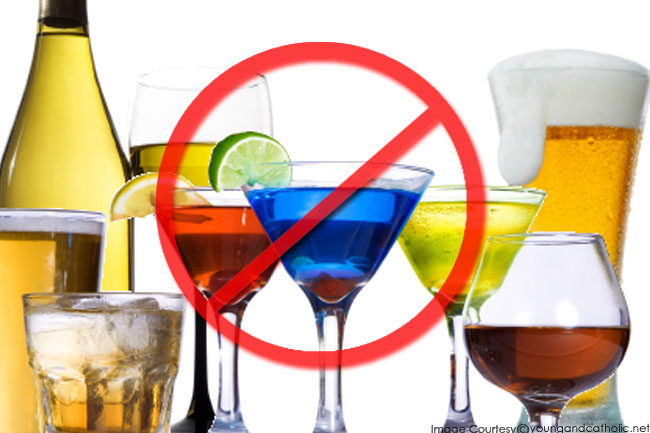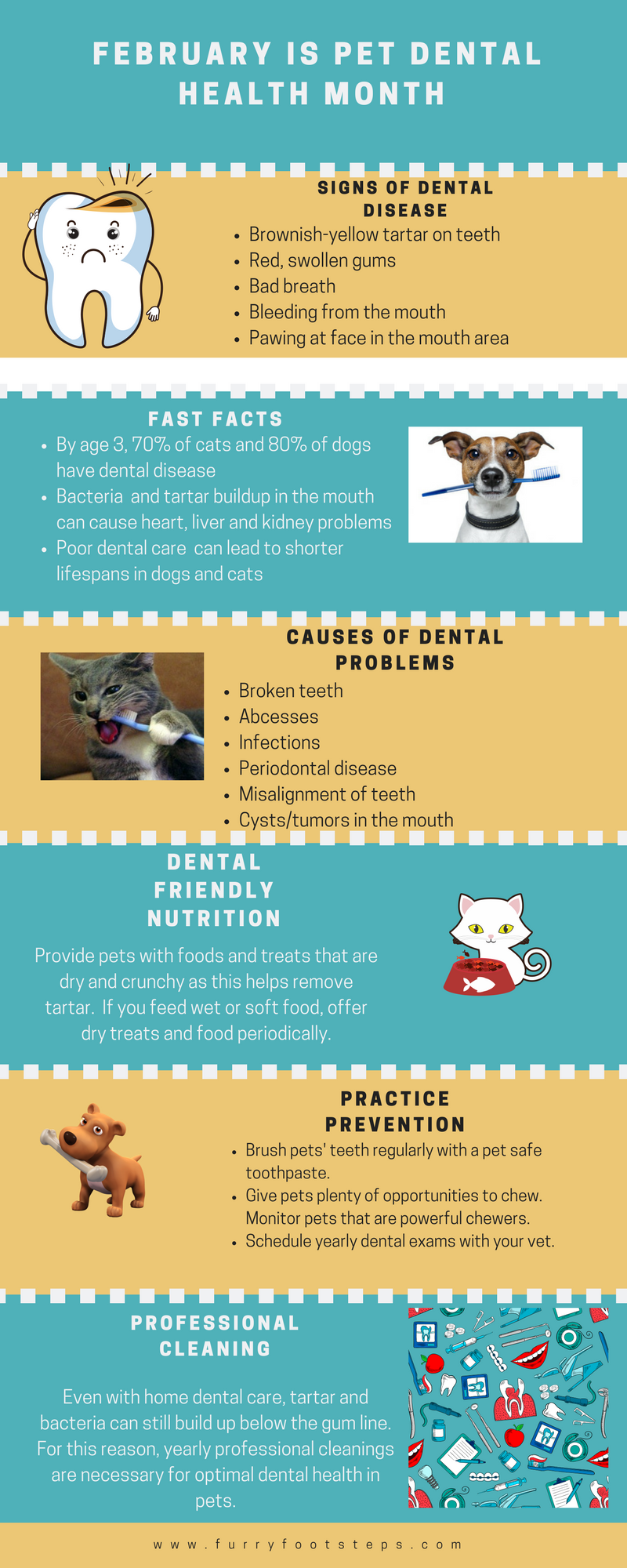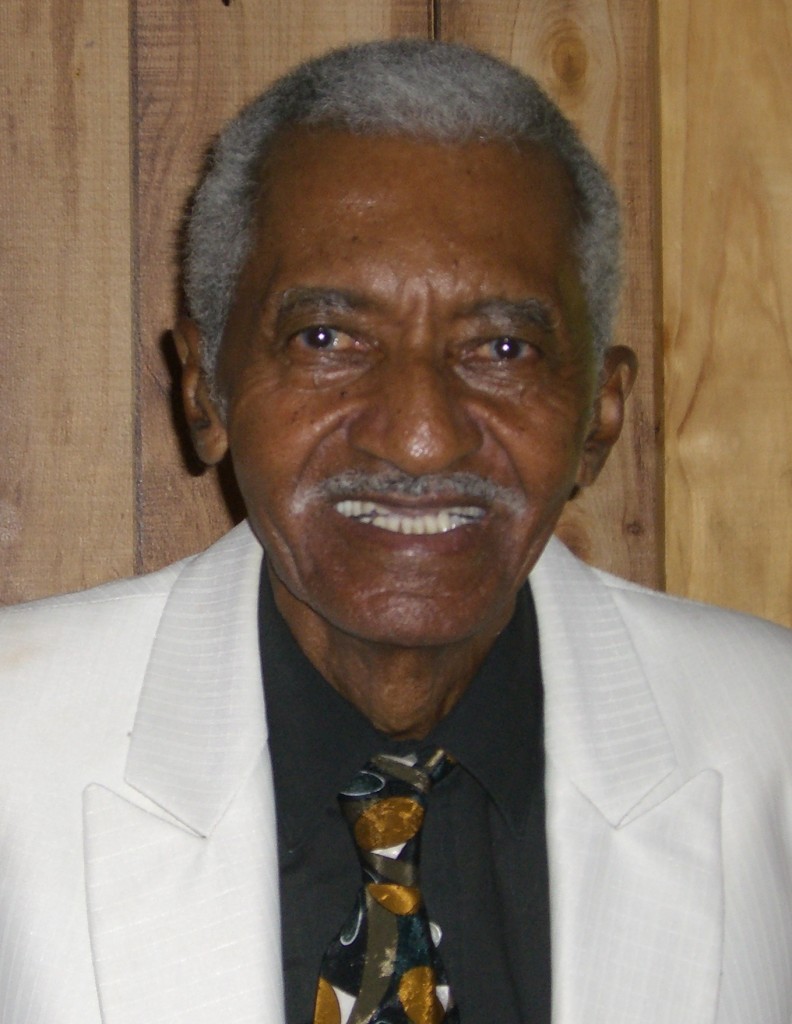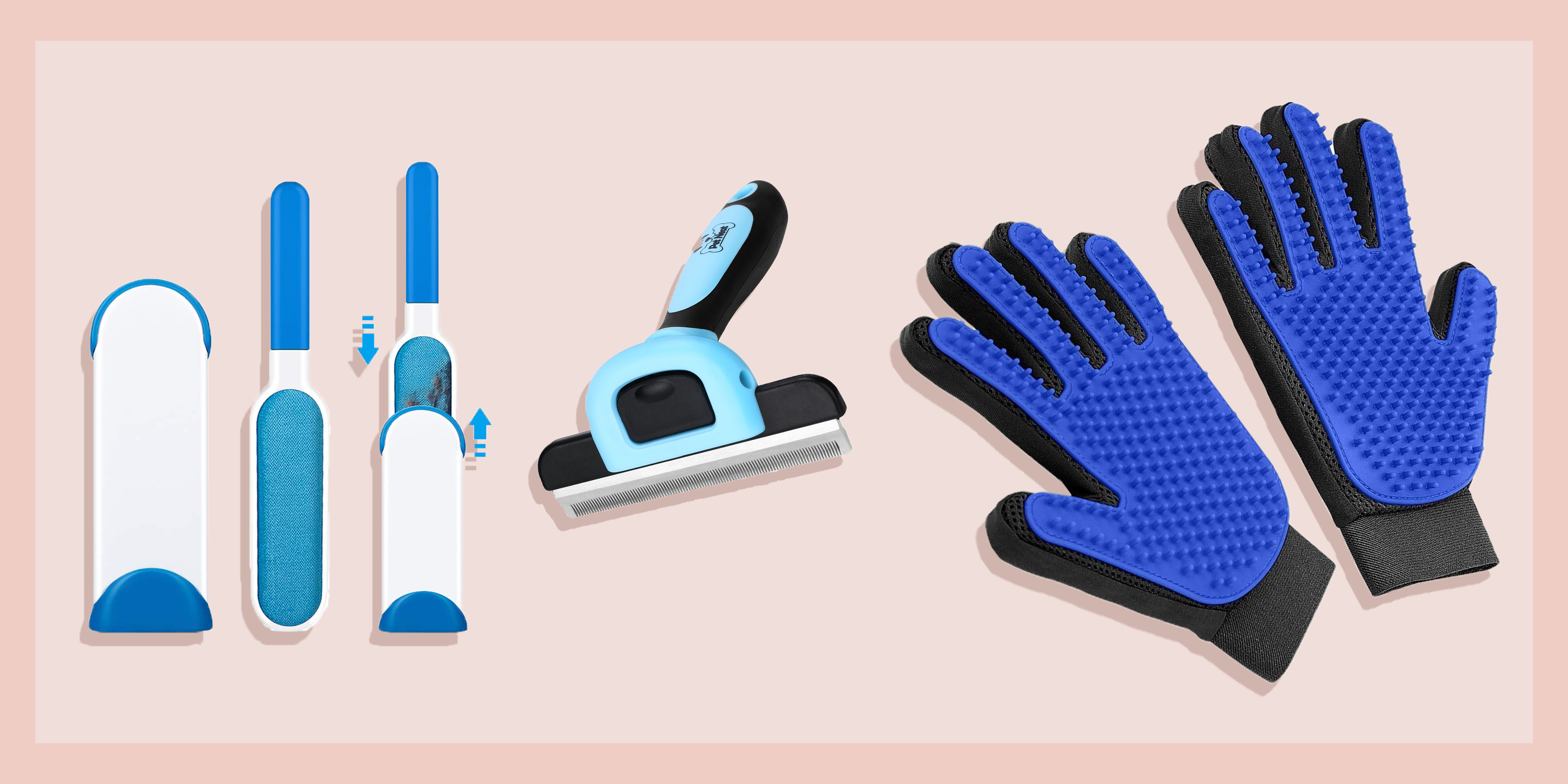Table of Content
Late symptoms diminish four to six days after the last drink. Early symptoms diminish one to two days after the last drink. Treatment for addiction takes many forms and depends on the needs of the individual. In accordance with the American Society of Addiction Medicine, we offer information on outcome-oriented treatment that adheres to an established continuum of care. In this section, you will find information and resources related to evidence-based treatment models, counseling and therapy and payment and insurance options.
This one is an exceptionally successful cancer prevention agent and neutralizer trigger, which upgrades the general activity of the liver and lymph capacities. It is utilized as a compelling home cure in fighting liquor reliance. Licorice root is viewed as a basic spice for restoring kidney problems and can likewise help revive the liver and respiratory parcel.
Remedies to Stop Alcohol Cravings
If you feel comfortable doing so, talk about your challenges with your primary healthcare professional. Finding a therapist can also be a great starting point if you’re uncomfortable opening up to your healthcare professional. Maybe you’ve never had any interest in logging your innermost thoughts, but journaling can be a great tool to track your feelings as you work on quitting alcohol. If you turn to alcohol to manage emotional distress, the added overwhelm can prompt the urge to drink, making success seem even more out of reach.

Kidneys also suffer from alcohol usage and bitter gourd repairs them as well. The taste might be a little hard to handle but mix them with some buttermilk and you’re good to go. A traditional Chinese medicine, acupuncture is a needle-based natural way to stop alcohol cravings. It is also effective in relieving withdrawal symptoms while easing anxiety and depression.
'Don't call me Paul' -- Bono reveals personal reason he doesn't want fans to call him by real name
Alcohol withdrawal symptoms that can be treated professionally include anxiety, depression, nausea, and trouble sleeping. Various forms of therapy, counseling, and support groups can give you a safe space to discuss any anxiety and depression you’re currently feeling. Milk thistle is an herb that contains the antioxidant silymarin. This type of herb may help restore liver health from damage caused by heavy drinking. The herb acts as a protectant for the liver, which is an important organ used for bile production, vitamin storage, and other functions.
Drops to quit drinking have comparable effects to pills and should not be used due to the possibility of mild to severe negative effects. Many individuals use them as home cures to help people quit drinking without even recognizing it, but if the person who has to stop drinking is unwilling, they are unlikely to work. Because this type of drink is readily available to anybody, alcoholism is one of the most widespread addictions. As a result, the problem has become more prevalent among adolescents in recent years.
Benefits Of Medically-Supervised Detox Treatment
Keep nonalcoholic beverages on hand for yourself and others. Let guests bring their own alcohol — and take it with them when they leave. Building new relationships with people who also choose to avoid alcohol can have a lot of benefit. What’s most important is taking a look at your drinking habits and finding a way to cut back that works for you.
When you feel sad but need alone time, you might consider a favorite album or comforting book. Exploring, in writing, what you find difficult and when you most want to drink can help you notice patterns that offer more insight into your alcohol use. Try hiking, cycling, dancing, or roller-skating for enjoyable ways to stay active.
Health Heroes
This helps restore balance to your dopamine levels, which may also curb your desire to drink alcohol. Those experiencing withdrawal symptoms may discover that meditation can provide solace and benefit mental health. Meditation can help with stress relief at home but may also be part of a professional treatment program. Laundry, dishes, floors, pick on and distract yourself from the cravings to drink.

For many, maintaining sobriety is a lifelong process that requires commitment, self-compassion, and patience—all of which may benefit from ongoing support via aftercare services. You should plan to taper for between three and seven days depending on how much you’re used to drinking. Slowly reduce the amount of alcohol you consume each day until you reach sobriety. If you begin to experience serious withdrawal symptoms, drink enough to make the symptoms subside.
Recent guidelines recommend we stick to 14 units a week, which will be harder for some than others. Yogurt contains probiotics that are beneficial for gut health, which can be damaged from prolonged heavy drinking. The protein in poultry and fish helps in the production of dopamine, which can help improve your mood as you fight alcohol cravings. Its not recommended for those who have developed an alcohol dependence to stop drinking abruptly, or quit cold turkey. If you notice any of these signs on someone, you must seek medical attention immediatelycall 911 or your local emergency number for medical help.

Serious symptoms caused by delirium tremens include hallucination and seizure. Alcohol can stay in your system for several hours depending on how much you drink. Once it begins to leave your body, early symptoms of withdrawal begin. You can use some suggestions and methods to help you quit drinking to go along with this wonderful internal growth process.
When alcohol makes up part of your typical routine, drinking can become something of an automatic response, especially when you feel stressed or overwhelmed. Maybe your partner, sibling, or roommate is also thinking about making a change. Changing drinking habits together allows you to support each other while also boosting your motivation and accountability. Becoming more aware of your alcohol triggers and reasons for drinking can help you plan ways to help manage the urge to drink. But when it’s hard to face challenges without alcohol, it’s worth considering whether drinking prevents you from finding more helpful ways of managing emotions.
However, individuals who suffer from alcohol addiction require professional rehab. When they suddenly quit drinking, the brain continues its hyperactivity, but alcohol no longer suppresses the effects. This can cause seizures and delirium tremens, a severe form of withdrawal marked by tremors and hallucinations. If you taper off alcohol slowly or with medical supervision, the brain has time to adapt without causing severe side effects. You may be able to detox at home and still attend outpatient therapy or support group meetings. The brain compensates for the depressive effects of alcohol by increasing its activity.




























